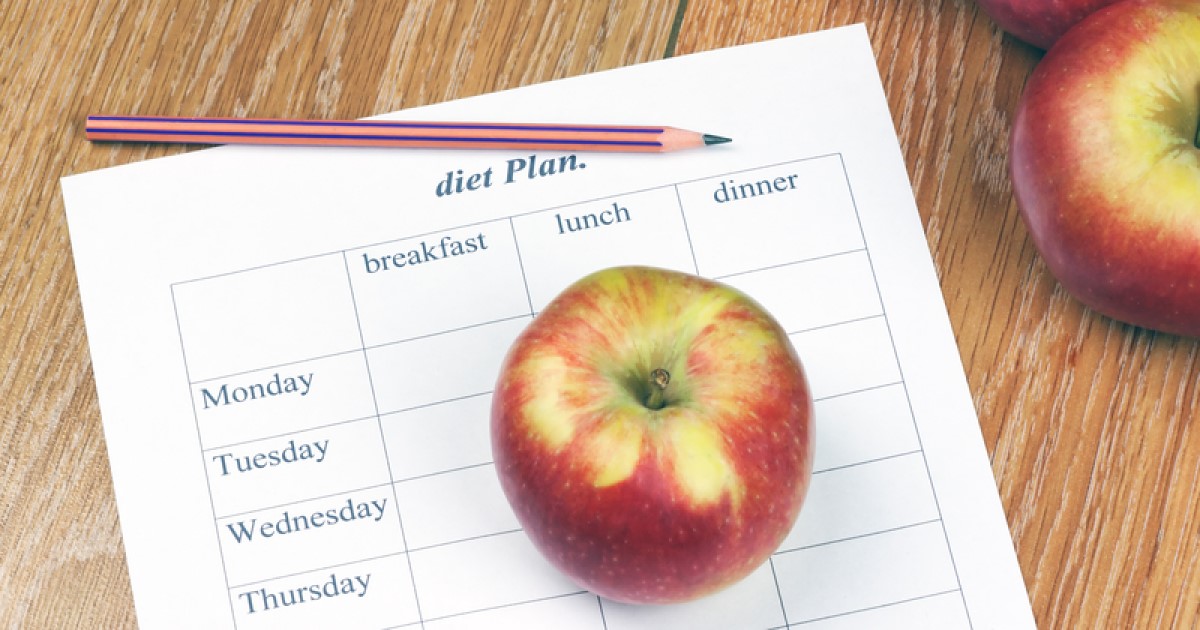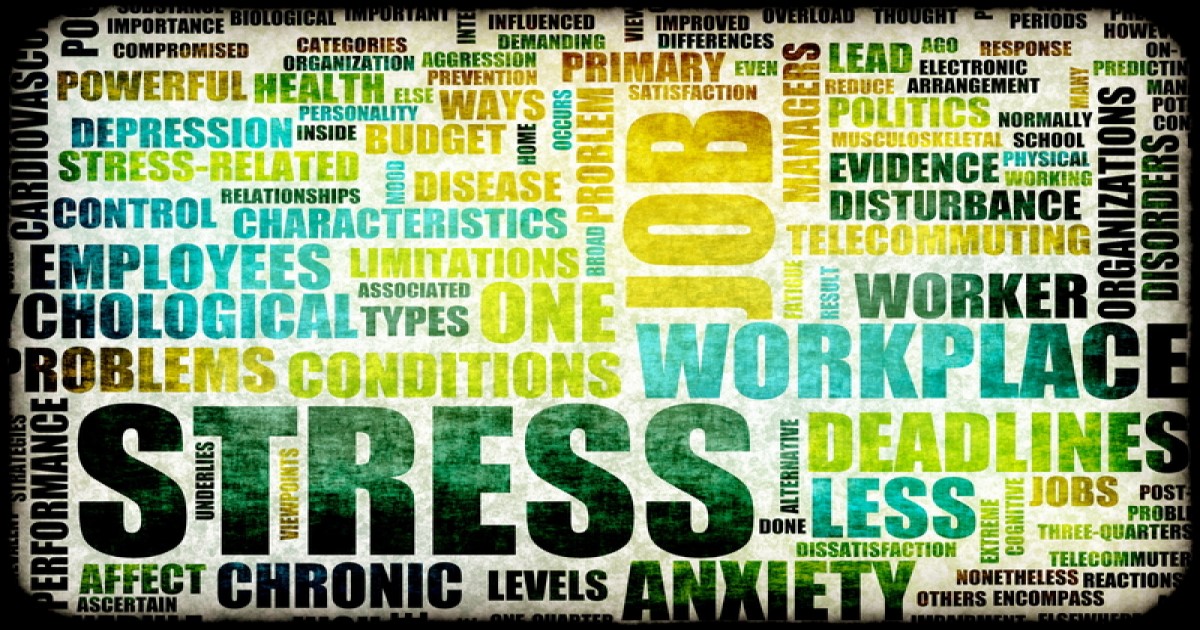How To Get Healthy Right Now!
You may not be thinking about the future of your health right now but the seeds you’re planting today can become a health problem later. Healthy living is possible and there are things you can do right now to ensure your future health. It takes commitment but you’re likely to notice an increase in energy and overall quality of life enhancement. You also avoid health risks for your future. Here are some of the things you can begin doing right away that will kick start a healthier lifestyle for you.
10. Take Inventory Of Your Health

Firstly, you’ll want to take stock of your health. Pick up the phone and make an appointment with your dentist and doctor. You should have an annual check up to ensure you don’t have underlying health issues. Getting immunized is another important aspect to ensuring optimum health.
Things you can do to assess yourself include weighing yourself, checking your body ass index and measuring waist circumference. It’s important to know if you’re at a healthy weight. With this in mind, consider how much you’re exercising. How intense is your activity and what is the variety of your workouts? It’s recommended that adults get a minimum of 2.5 hours of exercise per week additional workouts that include muscle strengthening activities.
Start a food diary that includes everything you eat in a day. Doing this makes you more aware of your food consumption which will propel change.
9. Tend To Health Issues

Many times people live in discomfort and don’t tend to health issues they know are there. You may not know you have diabetes, depression or arthritis but suffer from the symptoms daily.
If you’re doing things you know aren’t good for your health such as drinking excessively or smoking, it’s probably time to cut this out of your life.
8. Exercise

Firstly, you should make a weekly activity schedule for yourself. This could include going on a hike or a walk with friends. You could take some dancing classes or do something fun instead of committing to a gym. Keep track of your activities to keep yourself accountable.
As the weeks go by, challenge yourself with higher intensity workouts and commit to doing just one thing daily. It could be small such as taking the stairs or going for a walk during lunchtime.
A motivating tool is to wear a pedometer which tracks how many steps you take in a day. It’s recommended that you take 10,000 steps per day.
7. Make A Diet Plan

Managing your food intake can simply take a change in how you think about food. When you decide to eat fruits instead of chocolate, internally tell yourself you’re making a choice. You are choosing your health as opposed to replacing an orange for that piece of cheesecake.
Making yourself feel guilty feeds the behavior that is making you choose unhealthy foods in the first place. This is a major issue with emotional eaters who beat themselves up for eating something they shouldn’t when they feel down.
Enjoy your food when you eat it. Don’t eat while you’re distracted such as watching TV or driving. When you take the time and slowly eat your food, you’ll be satisfied and less likely to overeat.
Make sure to have between five to nine daily servings of both fruits and vegetables.
6. Manage Your Stress Level

If you’re experiencing stress in certain parts of your life, it’s time to learn how to cope with it. Decide how you want to relax yourself. This can include many things which will also bring joy and peace into your life.
Meditation and visualization help you develop skills so you can cope with stress. Yoga also assists with both poses and breathing exercises, allowing you to keep your stress level in check.
In situations where stress would normally come up for you, you may need to leave the situation before you react. When your stress becomes anger, you may want to get some quick exercise in to calm yourself down.
Ask yourself how important the focal point of your stress is. Will it affect you in a week or a year? With this perspective, you may calm down about the severity of the issue.
5. Get More Sleep

Many times, the stress you experience during the day follows you to bed, making it difficult to sleep. There are likely habits you are doing that perpetuate your inability to sleep. Don’t watch TV within two hours of going to bed. Other things you shouldn’t do close to bedtime include heavy exercise or having a hot bath.
Set a regular sleep schedule for yourself and stick to it. Even if you’re tired in the daytime, don’t take a long nap. Make it a priority to get sleep, it’s just as essential as diet and exercise for your health.
4. Restructure Relationships

You may not realize it but some of your relationships may be bad (or good) for your health. It’s time to take stock of the people around you. If important aspects of their character don’t match to you such as lifestyle and openness, they could be hindering your happiness and therefore, your health.
Do make sure to spend time with people as this is a mentally healthy practice. It’s important to have face to face friends and not just virtual friends.
If you’re in a relationship that causes emotional pain, the body actually registers pain in itself. A relationship that’s painful can be more harmful to your health than you realize. If you’re not willing to give the relationship up, it’s important to seek a form of help for both parties involved.
3. Use Your Brain

Stimulating your brain keeps it strong. The fitness of the mind is influenced by many different things such as education and stimulating activities you did as a child. Studies have shown that people who do mentally stimulating activities are less susceptible to develop dementia.
It’s not just in the act of studying but engaging in social activities is also extremely important to mind fitness. If you just sit and play video games without a social outlet, it’s counterproductive.
2. Get Fresh Air

Fresh air and being outside does wonders for your health. You may be more inclined to breathe in fresh air deeply and it promotes you to exercise.
It’s most certainly unhealthy to stay inside and not get natural light for your skin. If you consider the difference of energy we have from winter to summer, this indicates how good the outdoors is for your health.
1. Adjust How You Think

If you find yourself constantly focusing on your health issues or being negative, this could attribute to your physical health.
Take a check on what your general mood is coupled with the amount of energy you have. To be healthy, you have to have a good level of emotional wellness.
If you’re experiencing mood swings that include anxiety and depression, it’s time to get help. The first step is taking acknowledgment that you may have an issue. Seek help if you feel it’s putting your health at risk and has hit an unmanageable level.